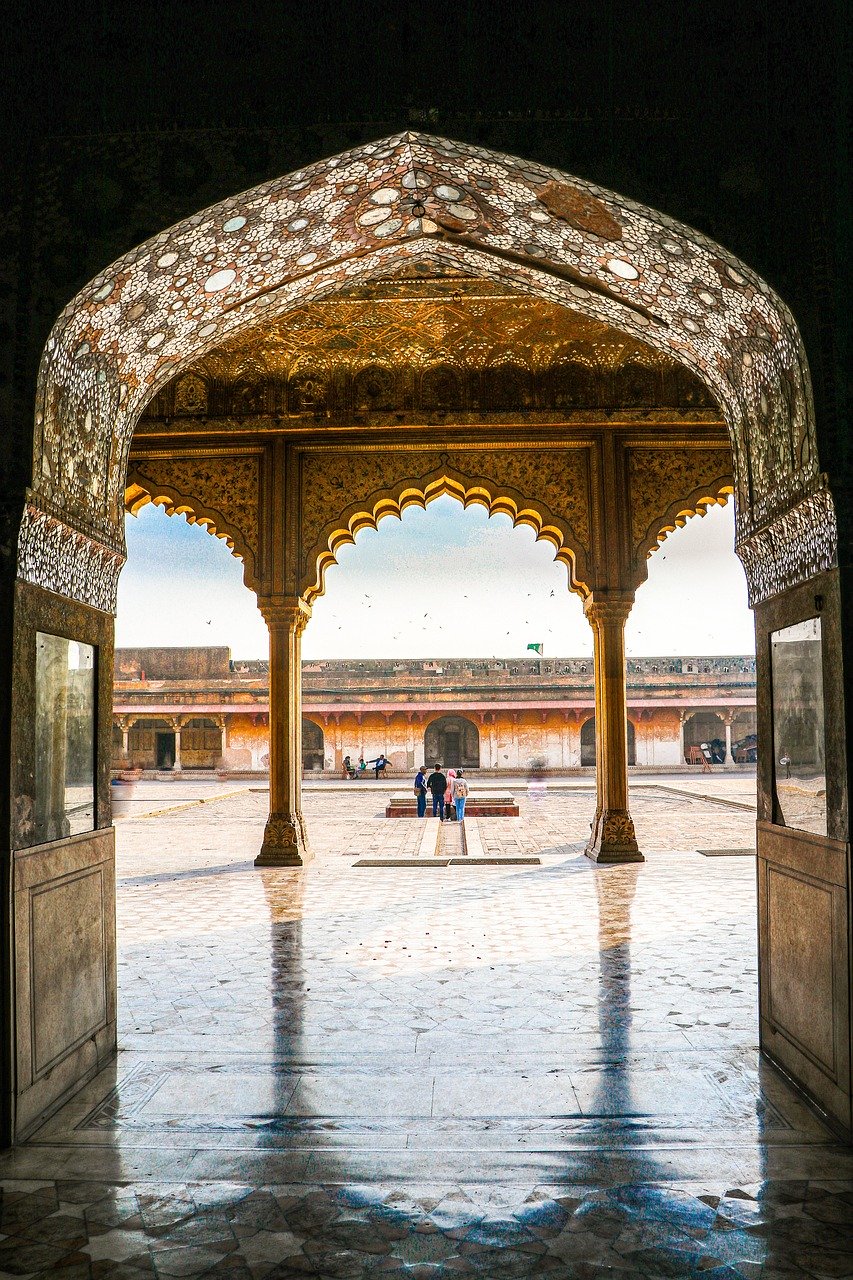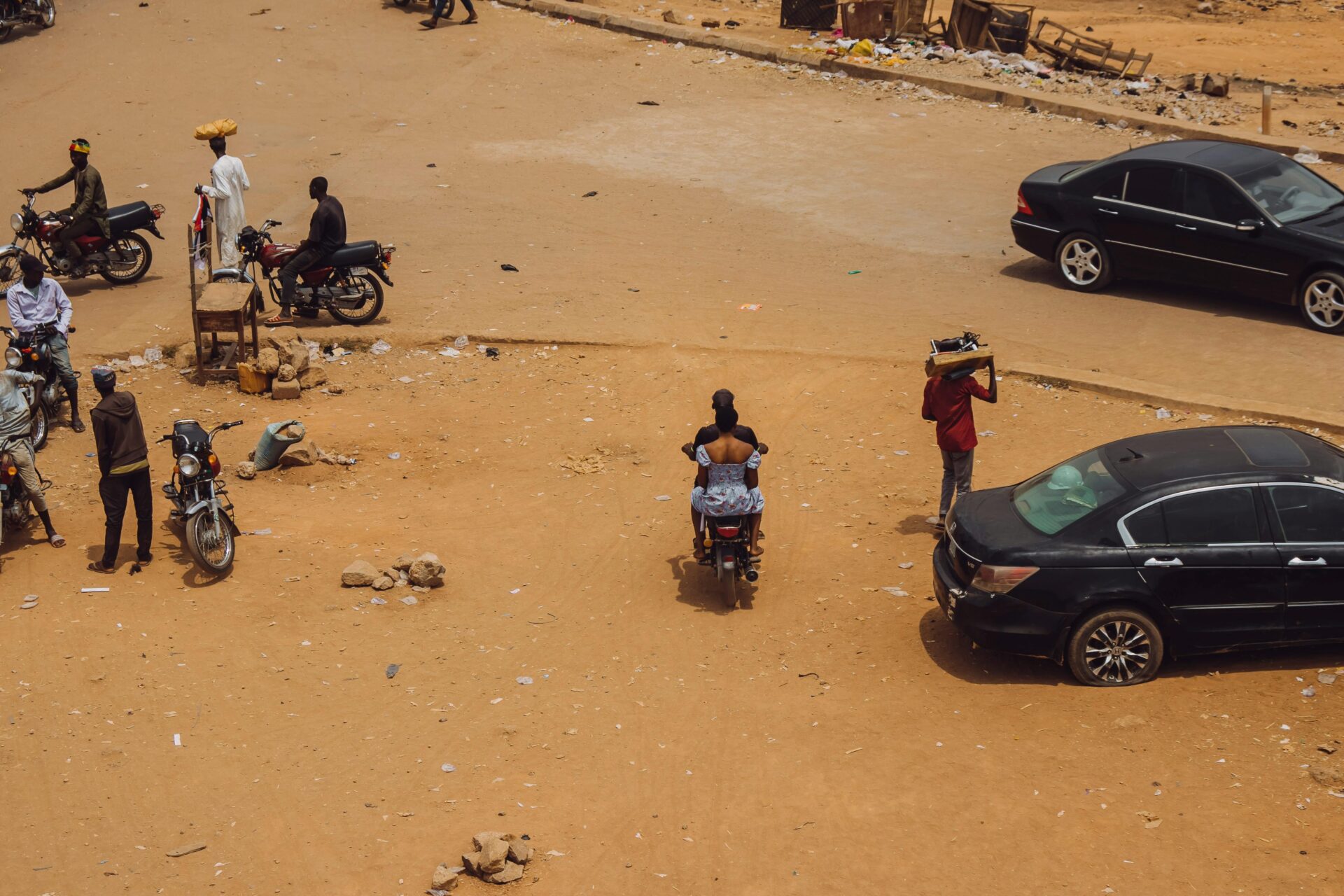Lahore, Pakistan: Due to a sloppy police investigation and pressure from an Islamist extremist party, a judge last week granted bail to at least 52 Muslims accused of killing a Christian man over a false blasphemy accusation, sources said.
On June 13, a Special Judge of the Anti-Terrorism Court in Sargodha, Muhammad Abbas, granted bail to the individuals who were suspects in the lynching of 74-year-old Nazeer Masih Gill in the Mujahid Colony area of Sargodha, Punjab Province, on May 25.
The suspects were granted bail, including three persons named in the First Information Report (FIR). Gill succumbed to his injuries at a military hospital in Rawalpindi on June 3.
Attorney Asad Jamal said he regretted the suspects’ release but was expecting it because of the police’s “intentional” poor investigation.
“The police’s conduct was suspicious from the beginning,” Jamal told Christian Daily International-Morning Star News. “The investigators neither preserved the crime scene nor made any attempt to interrogate the detained suspects.”
The suspects were arrested and sent to jail on the same day. In contrast, the police should have sought their physical remand for interrogation to record their ‘first version’ statements to link their involvement in the incident.”
The Muslim lawyer, who has represented several people accused of blasphemy, including Christians, was part of a fact-finding mission of the Human Rights Commission of Pakistan (HRCP) that described Gill’s lynching as a “calculated assault, manipulated through religious fervor to gain maximum leverage.”
Jamal asserted that the police intentionally documented the statements of dishonest witnesses to undermine the case.
“Neighbors who witnessed the entire incident should have been identified and their statements recorded, but this was not done,” he said. “The police have still not recorded the statements of Gill’s family.”
Jamal said the police were not sharing any information with Gill’s family, though they were a natural party to the case.
“Bail is not granted without notice,” Jamal said. “Why didn’t the judge summon the affected family? Why didn’t the police inform them about the bail hearing and bring them to court to present their point of view?”
He said there is no sign that the government intends to gather evidence and prosecute the suspects. According to criminal procedure, though the family can make a representation in the case, he added that the government is responsible for prosecution and has to take the lead in it.
Jamal said the family could proceed with a private complaint, but he asked how they would gather evidence.
“Will the police share their evidence with the family?” he said. “It is difficult to pursue a private complaint in court, particularly where a mob is involved. This case is politically and legally complicated, and there’s little hope for justice for the victim.”
The lawyer also criticized the government’s inaction against the hardline Islamist party Tehreek-e-Labbaik Pakistan (TLP), which staged a massive protest against police in Sargodha against the arrest of their members involved in Gill’s lynching.
“TLP leaders publicly threatened police and Christians and proudly endorsed Gill’s killing, yet no action has been taken against them,” Jamal said. “It was also an apparent attempt to pressure the court.
Expecting Pakistani judges to hear and decide sensitive cases without the support and protection of the government is tantamount to giving them a death sentence.”
The Urban Area Police Station had registered an FIR on behalf of the state against 44 named and 300 to 400 unidentified suspects.
The case was registered under several sections of the Anti-Terrorism Act (ATA) 1997 and Pakistan Penal Code (PPC), including murder, attempt to murder, obstructing public officials in discharging their duty, assaulting a public official, and mischief by fire or explosive material with intent to destroy a house or cause death or hurt.
Judge Abbas admitted the suspects’ pleas, in which they claimed the police had implicated them in the case only based on suspicion. They stated that the police had failed to attribute their specific roles in the incident, and none of the 18 witnesses had identified them.
“Nothing has been recovered from their possession,” they added.
Accepting the petitions, the judge ordered the suspects’ release on bail against surety bonds of 100,000 rupees (US$360) each.
The release of the suspects has shocked and disappointed Christians and rights advocates.
“They think that Gill’s case will have a similar outcome as the Jaranwala cases on August 16. In those cases, all detained suspects were released on bail, and the court stopped the proceedings because of a faulty police investigation and weak prosecution.”
The victim’s son, Sultan Gill, confirmed to Christian Daily International-Morning Star News that police had neither recorded their statements nor informed them about the bail applications.
“The news of the bails came as a surprise to us,” Sultan Gill said. “We only came to know about this when the police suddenly increased deployment in our area, as most of the men freed on bail are from our neighborhood.”
He said that the police were forcing them to stay indoors, making them prisoners in their own houses.
“We are clueless and don’t know where this case is headed. I don’t think we have any other option but to relocate from this city,” he said.
“Despite church leaders and Christian socio-political activists speaking out against the escalating violent persecution of their community, the government’s silence and inaction have led many to believe that the community has been abandoned to the mercy of Islamist extremists.”
Pakistan ranked seventh on Open Doors’ 2024 World Watch List of the most challenging places to be a Christian, as it was the previous year.




